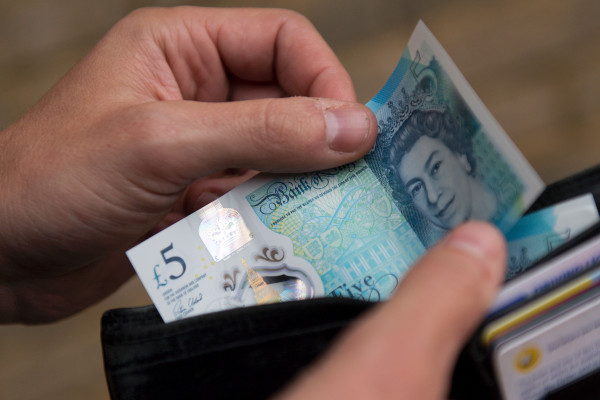Inflation and stagnant tax bands will see more than 1mn people pulled into higher tax bands by 2027, according to figures released by HM Revenue and Customs.
It is forecast that 1,130,000 individuals will be pushed into paying a higher tax rate by 2027/28 as a result of ‘fiscal drag’.
Fiscal drag happens when the income level at which tax can be collected does not increase at the same rate as income growth and inflation.

This means that in real terms their buying power remains much the same, yet their salaries are taxed much more — Rachel Griffin, Quilter
Currently, the higher rate of tax of 40 per cent is levied on income between £50,271 and £150,000, while the additional rate of tax is levied on income over £150,000.
The figures were released through a Freedom of Information request submitted by Quilter and also showed that HMRC predicts that 301,000 more people will become additional rate taxpayers by 2027/28.
Previously, the tax bands have increased with inflation but the point at which the higher rate of tax is paid was frozen until 2026 in 2021's Spring Statement by then chancellor Rishi Sunak.
In the 2022 Autumn Statement, chancellor Jeremy Hunt further extended the freeze on the higher rate of tax up to 2027/28.
Quilter previously calculated that if wage growth is on average 5 per cent per year for the next four years, but income tax thresholds remain unchanged, then someone earning £50,000 will be £2,643 worse off in 2027/28 in real terms.
Over the four-year period they would be £6,434 worse off in total.
Tax and financial planning expert at Quilter, Rachel Griffin said the figures released in the FOI show that HMRC is “well aware of the power of fiscal drag”.
She noted that many of the people who will be affected may not feel wealthier as their salaries have simply kept up with inflation.
“This means that in real terms their buying power remains much the same, yet their salaries are taxed much more. Freezing income tax bands is a form of stealth tax as you’ll end up paying considerably more tax during the time bands are frozen, which will be on top of higher energy and food costs,” Griffin explained.
Addressing what individuals can do to try and counteract this, Griffin said they could consider making additional pension contributions via salary sacrifice which would essentially lower the taxable portion of their salary.
jane.matthews@ft.com

